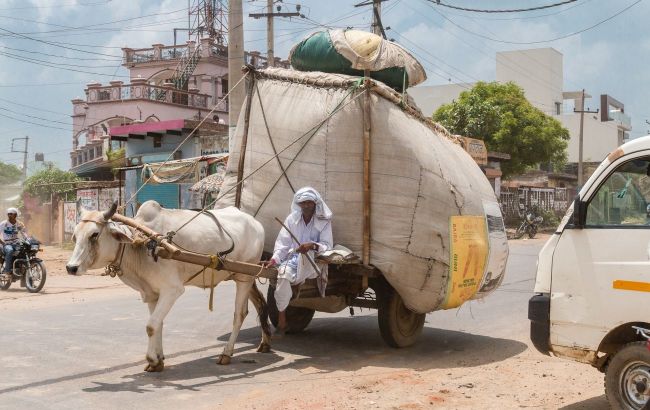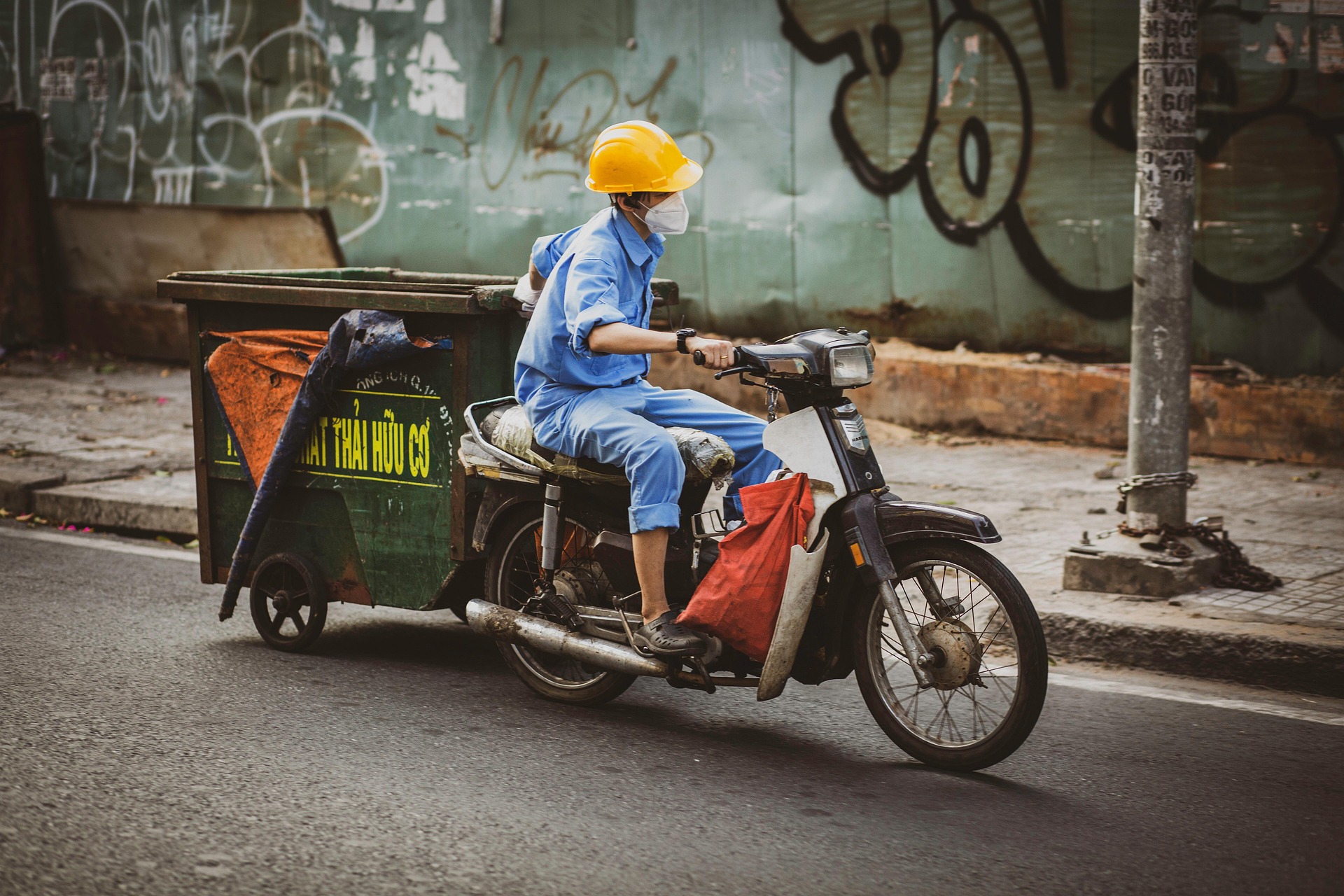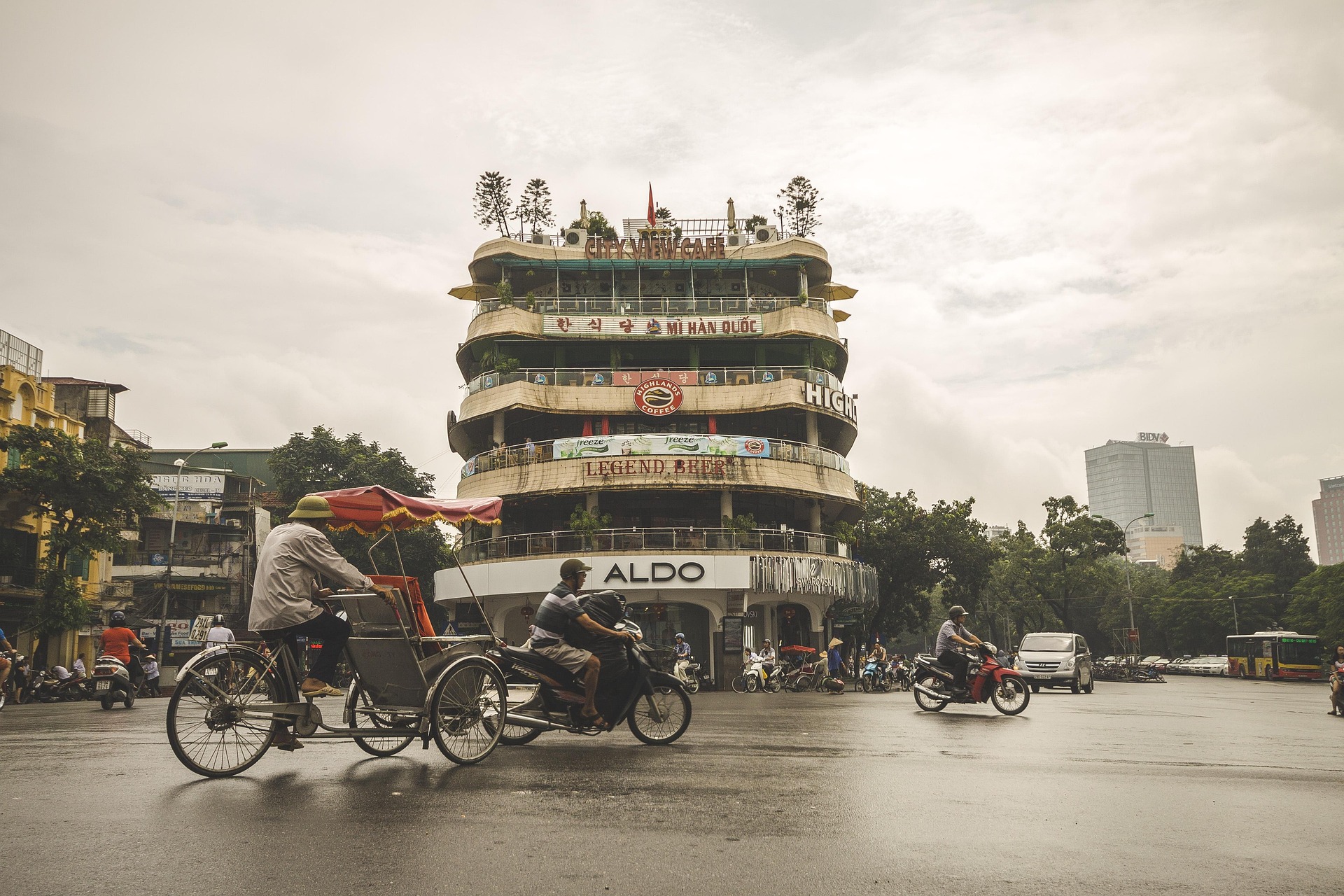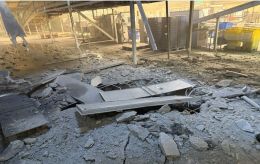7 surprising things that really annoy tourists in Asia
 Asian countries shock with medieval realities (photo: Pixabay)
Asian countries shock with medieval realities (photo: Pixabay)
When traveling in Asia, tourists often encounter numerous aspects of local life that may seem strange or even unpleasant. To avoid disappointment, it’s wise to be prepared for surprises and to know about them in advance.
Laundry problems
One of the first challenges travelers face when staying in Asian countries for more than a week is dealing with laundry. While washing machines are a standard feature in comfortable accommodations around the world, in Thailand and Malaysia, people often have to rely on laundromat services.
There are options: cheaper places where you wash your clothes yourself by loading the machine with your laundry and detergent, or more expensive services where everything is done for you, though the quality can be unpredictable. Often, clothes come back with stains, colors may fade, or mold may appear due to mixing your laundry with someone else’s.
Trash on the streets
In many Asian countries, waste disposal is a serious problem. Locals often discard garbage in inappropriate places - near natural landmarks, behind fences, or even directly into the ocean.
On rural roads, it’s common to see trash lying next to passive animals. This situation worsens environmental quality and public health, and looks very unwelcoming to tourists.

Asian garbage collector (photo: Pixabay)
Varied prices and conditions in toilets
Even ordinary toilets in Asian countries can surprise travelers. In Indonesia, for example, the cost of using a toilet depends on the level of service: the more you use, the more you pay.
Many restrooms are equipped with hoses for washing, which locals consider a hygienic norm. However, for foreigners, this may feel uncomfortable. It’s also not always easy to find soap for handwashing after use.
Gasoline sales in grocery stores
In Asia, it’s common to buy small amounts of gasoline directly from grocery stores, which may seem exotic to tourists. This practice is explained by the widespread use of mopeds that don’t require large amounts of fuel.
In rural areas or small towns, people typically buy only 1–2 liters of gasoline, which is immediately poured into the tank. The fuel quality usually meets standards and is convenient for local drivers. However, sellers often pour the gasoline by hand and then handle food or money, raising concerns about hygiene.
Chaotic traffic
Traffic rules in many Asian countries are vague or nonexistent. Pedestrians often lack separate sidewalks, and on the roads, neither motorcycles, cars, nor animal-drawn carts yield to them. This kind of traffic is typical in countries like Malaysia and Indonesia.
Tourists need to be extremely attentive and cautious, especially when crossing streets. When renting a moped, it is recommended to have prior experience riding two-wheelers and carry the appropriate documents, or to take a few lessons from local instructors.

Asian traffic - a whole different kind of nightmare (photo: Pixabay)
A tangle of wires along the roads
In many Asian countries, streets are lined with a huge number of cables and wires. Instead of replacing old lines, providers simply add new ones, creating real spiderwebs.
While this doesn’t pose a significant safety risk, it does spoil the appearance of the streets. Locals and officials are generally unconcerned about the situation. Tourists should be prepared for this kind of urban backdrop.
Unique food delivery
Food delivery is common in Asia but has its own quirks. Delivery fees often exceed the price of the meal at the restaurant or café. Locals frequently use a rural delivery service, where food is poured into plastic bags and handed to customers in that form.
People eat directly from the bag using spoons, and orders are delivered by bicycles or motorcycles. Tourists are advised to avoid buying this kind of food due to questionable hygiene and preparation methods.
The following sources were used in preparing this article: HuffPost, Rarest, and Lifehacker websites.

